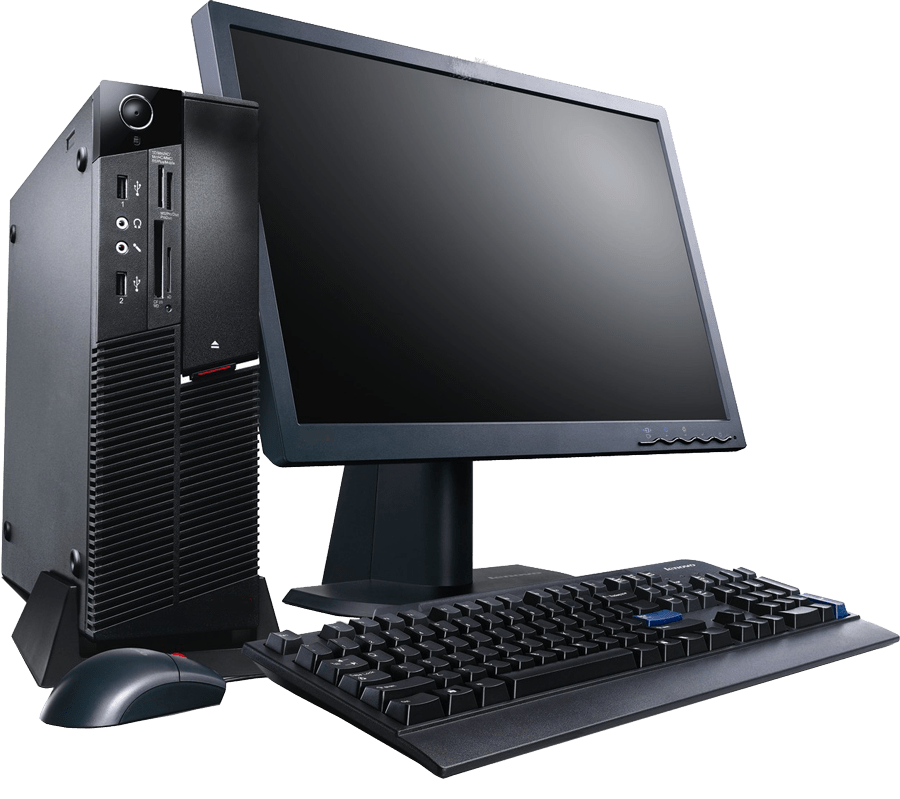Virus Removal
[gs_logo logo_color=”gray_to_def” title=”no” posts=”12″ order=”ASC” mode=”vertical” speed=”2000″ inf_loop=”1″]
not sure if we can help?
Contact Us To See What We Can Do For You

Is your computer running slower than it used to? Perhaps you have unwanted pop-ups appearing on your screen? Chances are you may have picked up one of the thousands of types of virus or malware programs online, which are easy to accidentally download even with the best protection available.
We specialise in spyware and virus removal, and can remove even the nastiest of dangerous software – including the ones your antivirus software can’t! That’s why we pride ourselves on being Australia’s virus removal experts.
Computer Viruses
Computer viruses earned their name due to their ability to “infect” multiple files on a computer. They spread to other machines when infected files are sent via email or when carried by users on physical media, such as USB drives or (in the early days) floppy disks. According to the National Institute of Standards and Technology (NIST), the first computer virus, called “Brain,” was developed in 1986. Tired of customers pirating software from their shop, two brothers claim to have designed the virus to infect the boot sector of software thieves’ floppy disks; when the disks were copied, the virus was passed on.


Signs You’re Infected
While most malware leaves no tell-tale signs and leaves your computer operating normally, sometimes there can be indications that you might be infected. Reduced performance tops the list — this includes slow-running processes, windows that take longer to load than usual and seemingly random programs running in the background. You may also notice that Internet homepages have been changed in your browser, or that pop-up ads are occurring more frequently than usual. In some cases, malware can also impact more basic computer functions: Windows may not open at all, and you may be unable to connect to the Internet or access higher-level system control functions. If you suspect that your computer might be infected, contact us immediately.
not sure if we can help?
Contact Us To See What We Can Do For You

Common Virus Types
Worms
Unlike viruses, worms don’t require human help in order to spread and infect: they infect once and then use computer networks to spread to other machines — without the help of users. By exploiting network vulnerabilities — such as weaknesses in email programs — worms can send out thousands of copies of themselves in the hope of infecting new systems, where the process begins again. While many worms simply “ate” system resources, thus reducing performance, most now contain malicious “payloads” designed to steal or delete files.
Adware
One of the most common online nuisances is adware. The programs automatically deliver advertisements to host computers. Familiar types of adware include pop-up ads on webpages and in-program advertising that often accompanies “free” software. While some adware is relatively harmless, other variants use tracking tools to glean information about your location or browser history and serve up targeted ads to your screen. As noted by BetaNews, a new form of adware has been detected that can disable your antivirus software. Since adware is installed with people’s knowledge and consent, such programs can’t be termed malware: typically, they’re identified as “potentially unwanted programs.”
Spyware
Spyware does just what it says: It spies on what you’re doing at your computer. It collects data such as keystrokes, browsing habits and even login information, which is then sent to third parties, typically cybercriminals. It may also modify specific security settings on your computer or interferes with network connections. According to TechEye, emerging forms of spyware may allow companies to track user behavior across multiple devices without their consent.
Ransomware
Ransomware infects your computer, then encrypts sensitive data such as personal documents or photos and demands a ransom for their release. If you refuse to pay, the data is deleted. Some ransomware variants lock out all access to your computer. They might claim to be the work of legitimate law enforcement agencies and suggest that you’ve been caught doing something bad. In June 2015, the FBI’s Internet Crime Complaint Center received complaints from users reporting $18 million in losses from a common ransomware threat called CryptoWall.
Bots
Bots are programs designed to automatically carry out specific operations. They’re useful for many legitimate purposes, but have also been repurposed as a type of malware. Once on a computer, bots can cause the machine to execute specific commands without the user’s approval or knowledge. Hackers may also try to infect multiple computers with the same bot to create a “botnet” (short for robot network), which can then be used to remotely manage compromised computers — to steal sensitive data, to spy on the victim’s activities, to distribute spam automatically or to launch devastating DDoS attacks on computer networks.
Rootkits
Rootkits allow remote access or control of a computer by a third party. These programs are useful for IT professionals trying to troubleshoot network issues at a distance, but they can easily become nefarious: Once installed on your computer, rootkits allow attackers to take complete control of your machine to steal data or install other pieces of malware. Rootkits are designed to go unnoticed and actively hide their presence. Detecting this kind of malicious code requires manual monitoring for unusual behavior, along with regularly patching your operating system and software to eliminate potential infection routes.
Trojan Horses
Commonly called “Trojans,” these programs hide in plain sight by masquerading as legitimate files or software. Once downloaded and installed, Trojans make changes to a computer and carry out malicious activities, without the knowledge or consent of the victim.
Bugs
Bugs — flaws in pieces of software code — are not a type of malware but mistakes made by a programmer. They can have detrimental effects on your computer, such as freezing, crashing or reducing performance. Security bugs, meanwhile, act as easy ways for attackers to slip past your defenses and infect your machine. While better security control on the developer end helps eliminate bugs, it’s also critical to apply software patches, which address specific bugs in the wild.
not sure if we can help?
Contact Us To See What We Can Do For You

